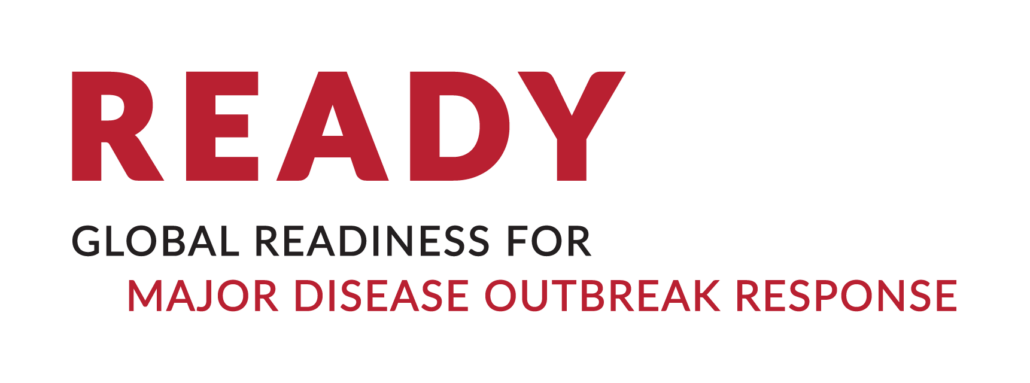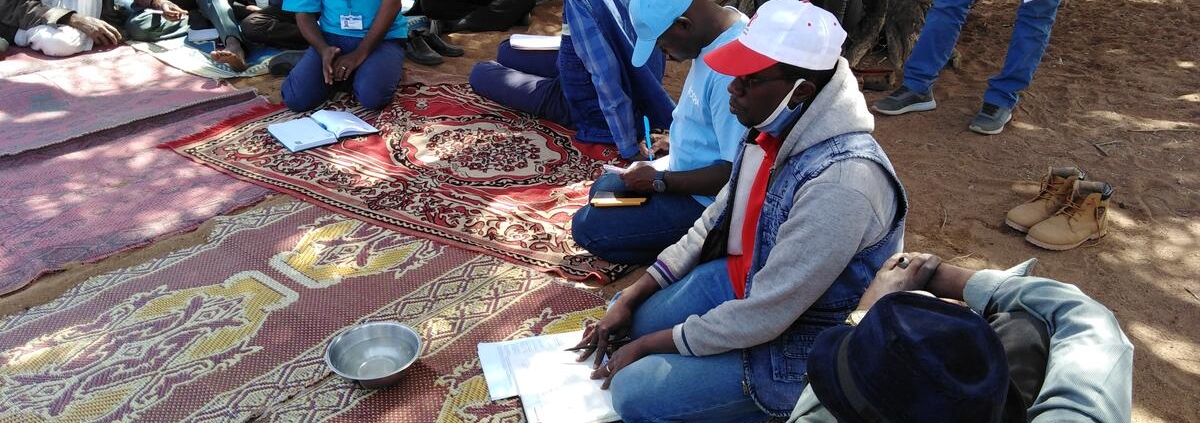Finding Community-led Solutions: An interagency guidance note on working with communities in high density settings to plan local approaches to preventing and managing COVID-19
Author: Risk Communication and Community Engagement Technical Working Group
This practical guidance note is intended for anyone involved in COVID-19 risk communication and community engagement (RCCE) efforts in complex and fragile settings in Africa, which includes refugee and internally displaced persons (IDP) camps and informal urban settlements. A combination of high population density, poor housing, limited access to water and sanitation, overstretched or inaccessible health services and widespread poverty, increase the risk and impact of a COVID-19 outbreak in these settings. Refugees, IDPs and people living in informal urban settlements, which are often home to urban refugees and irregular migrants, are often stigmatized and excluded from national response plans. This can lead to high level of mistrust towards authorities and responders within these groups. This is further exacerbated by the fact that standard COVID-19 prevention measures, such as physical distancing and handwashing, will be more challenging and in some cases even impossible to implement in crowded camps and informal settlements. This guidance note draws on and summarises content from a range of other guidance notes, many with a global focus or broader scope than RCCE.
Veja a orientação em Inglês aqui.


Este site é possível graças ao apoio do povo americano através do Agência dos Estados Unidos para o Desenvolvimento Internacional (USAID) no âmbito da iniciativa READY. READY (não é um acrônimo) é apoiado pela USAID Gabinete para a Democracia, Conflitos e Assistência Humanitária, Escritório de Assistência a Desastres Estrangeiros dos EUA (OFDA) e é liderado por Salve as crianças em parceria com o Centro Johns Hopkins de Saúde Humanitária, o Centro Johns Hopkins para Programas de Comunicação, Reino Unido-Med, Aliança EcoSaúde, e Misericórdia Malásia. O conteúdo deste website é da exclusiva responsabilidade da Save the Children. As informações fornecidas neste site não refletem necessariamente as opiniões da USAID, de qualquer ou de todos os parceiros do consórcio ou do Governo dos Estados Unidos, e não constituem informações oficiais do Governo dos EUA.


